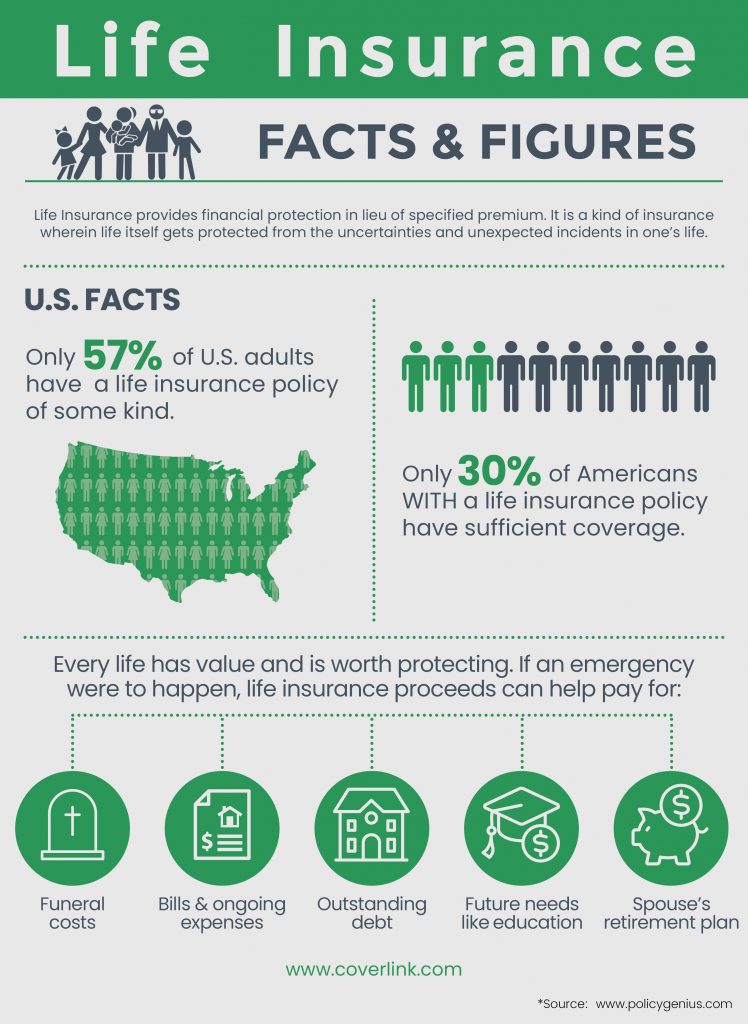Perhaps you’ve decided that it’s time to start considering life insurance to protect your family or loved ones in the event something happens to you.
That’s great, but now what?
If you’re like nearly all consumers that have reached this point, you’re probably asking yourself one of two questions:
- How much coverage do I need?
- What type of life insurance should I buy?
Guess what? It depends. But keep this very important principle in mind:
Tip. Whatever type of policy you buy, you should make sure it provides enough of a death benefit to meet your family’s needs if you aren’t here.
So when you consider buying life insurance, start off with a number in mind of what your family must have in terms of a death benefit. Don’t lose sight of this number.

How to you determine what this number should be?
Here’s a general guideline:
- How much do you need to pay off your mortgage?
- What amount is necessary to satisfy short-term debt (credit card, car loans, etc.)?
- How much is needed for burial expenses?
- What amount of your income would need to be replaced in the future (consider your annual income multiplied by the number of years your family would need this income)
- Do you want to pay for your children’s education? If so, how much will this cost?
- Are there any one-time expenses you want to cover for your kids (weddings, first-car, down payment on a home)?
- How much ‘readjustment income’ will your family need to provide a grieving spouse or family time before returning to work and/or daily life
If you’d like a more in-depth analysis, contact one of our Licensed Advisors and we’ll be happy to send you our Life Insurance Calculator to help guide you through this process.
What types of life insurance policies are there?
There are several, but keep in mind that the terms and costs of the policies vary widely among insurers.
There are two basic types:
-
- Term Life, which is good for only a certain period of time, and,
- Cash-Value, which is “permanent” insurance that also includes a buildup of value in cash in addition to your death benefit. You can borrow against your cash value. You can even take out some of that cash value, but your death benefit will be reduced.
What exactly is “cash value?” It’s that part of a permanent life insurance policy not needed for so-called “mortality expenses.” The greater your risk of dying, for whatever reason, in the near term, the greater your mortality expense to your insurer – therefore, the greater your insurance premium.
When young, healthy people buy life insurance, they have a very low mortality cost to their insurer (which is why life insurers are so willing to provide coverage to the young and healthy).
Generally speaking, the cost of life insurance increases as you age. Some people can’t even get coverage, regardless of their age, if they have certain types of health conditions.
With all the factors to consider with selecting the type of policy you need, the amount of coverage to protect your loved ones, and which insurance company is strong and stable enough to be around for the next 30 or 50 years, it can be very helpful to seek the advice of a licensed insurance advisor.
You should never expect to do this on your own. If that’s your preference, you can certainly obtain coverage on your own. However, given the complexity of the life insurance market, and the importance of selecting a policy with the appropriate terms & conditions so that it responds when needed, you might want to consider the help of a licensed advisor.
If you’d like to learn more, contact one of our Licensed Advisors . We’re here to help.
